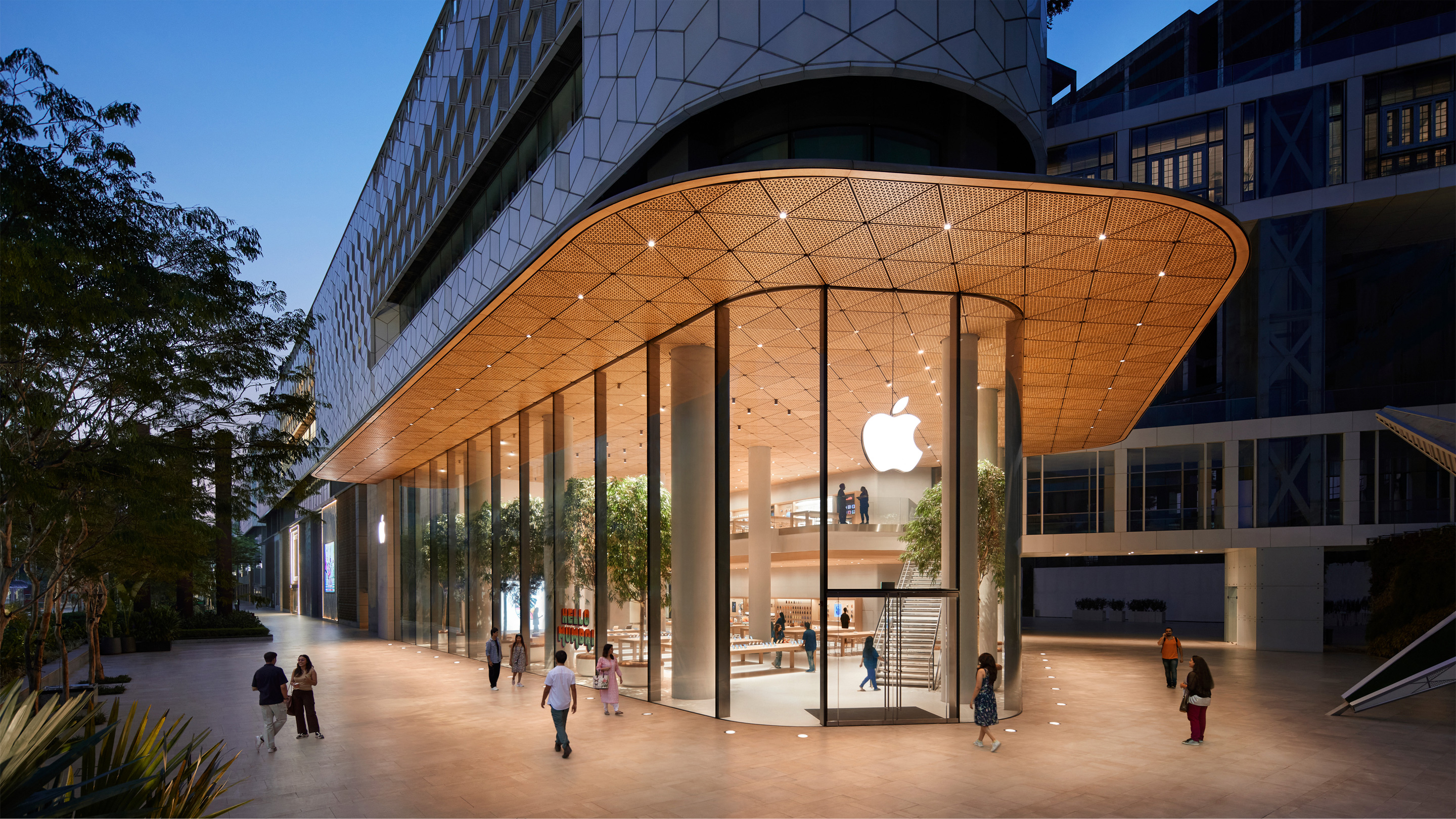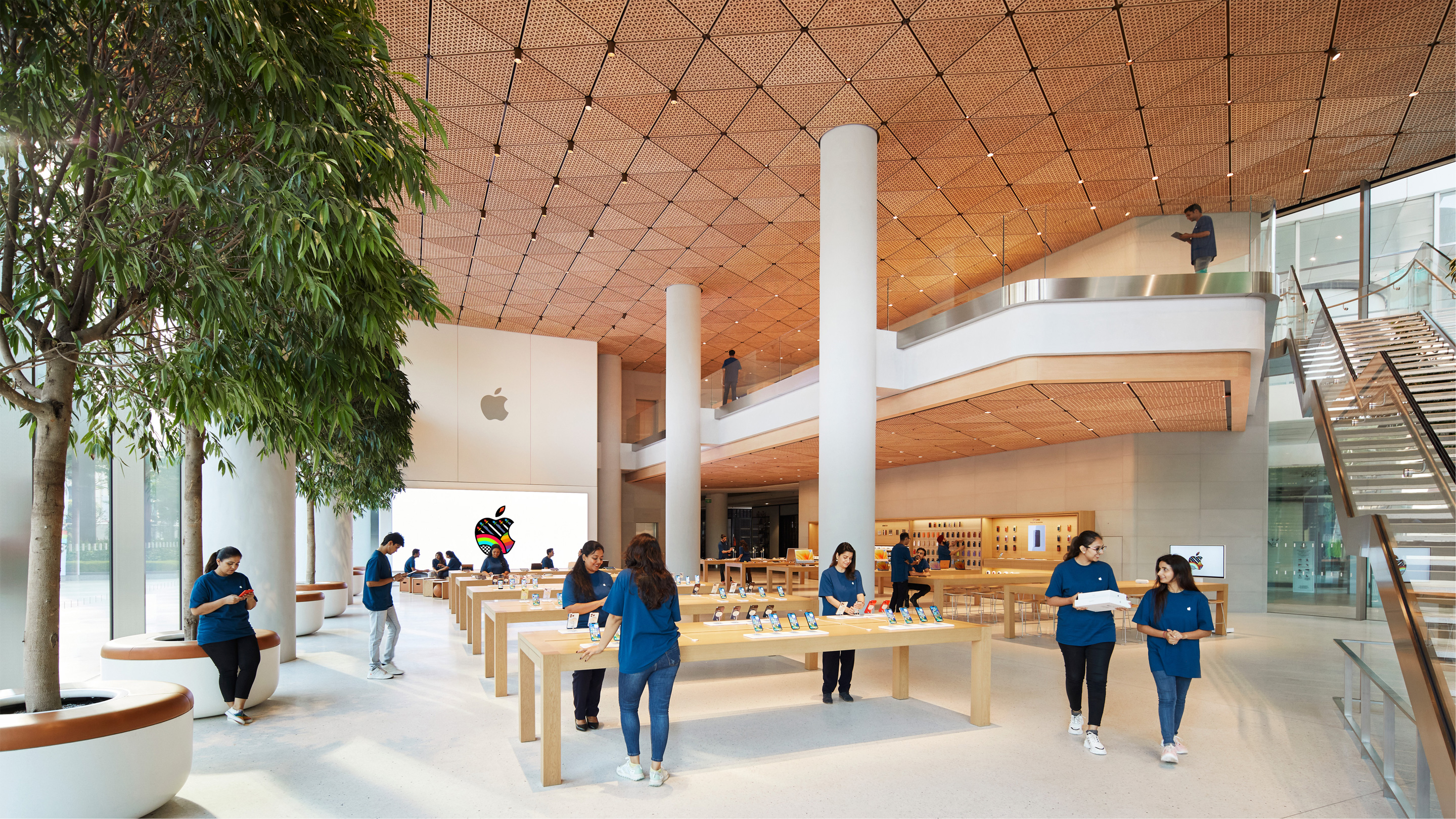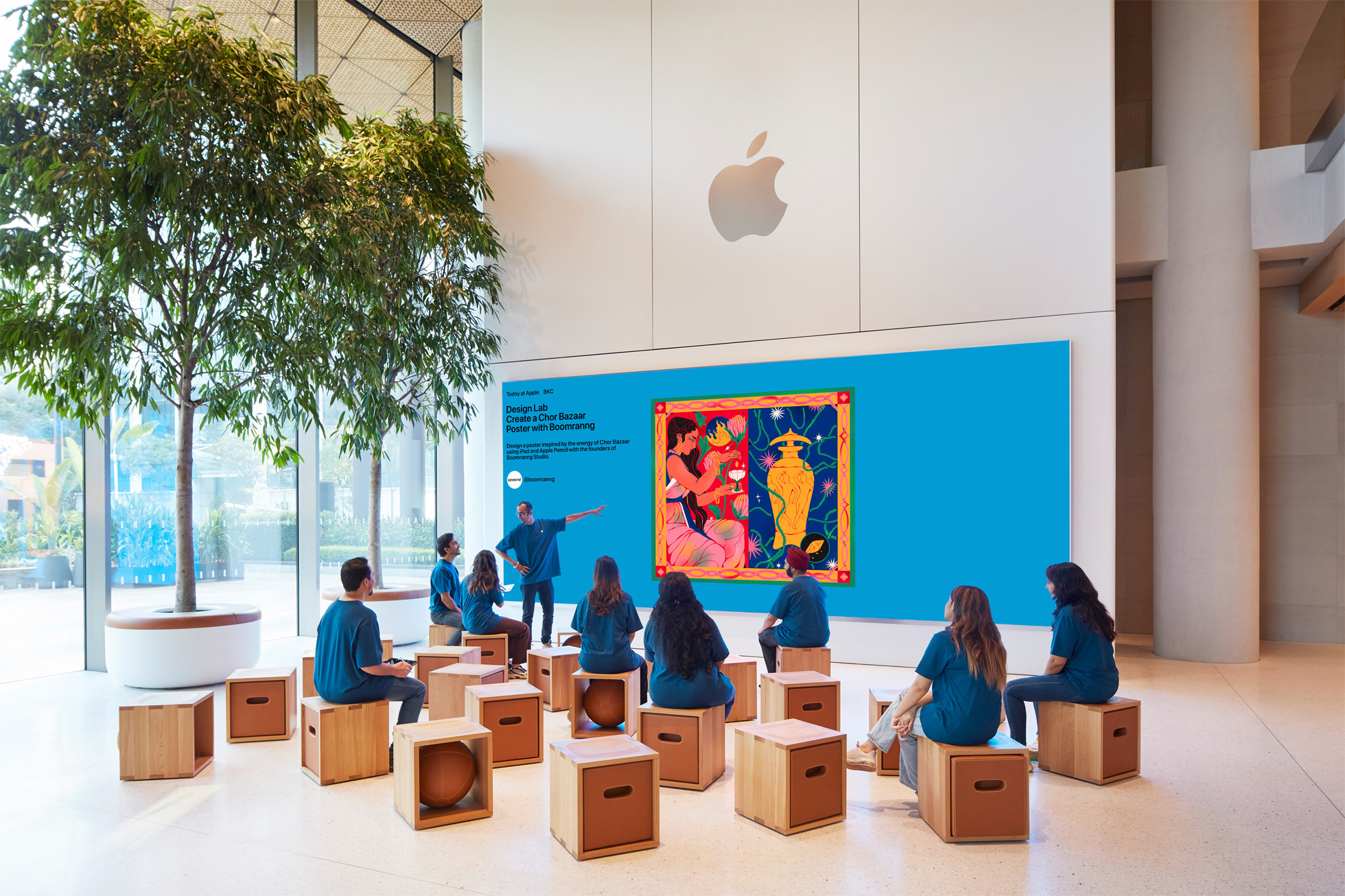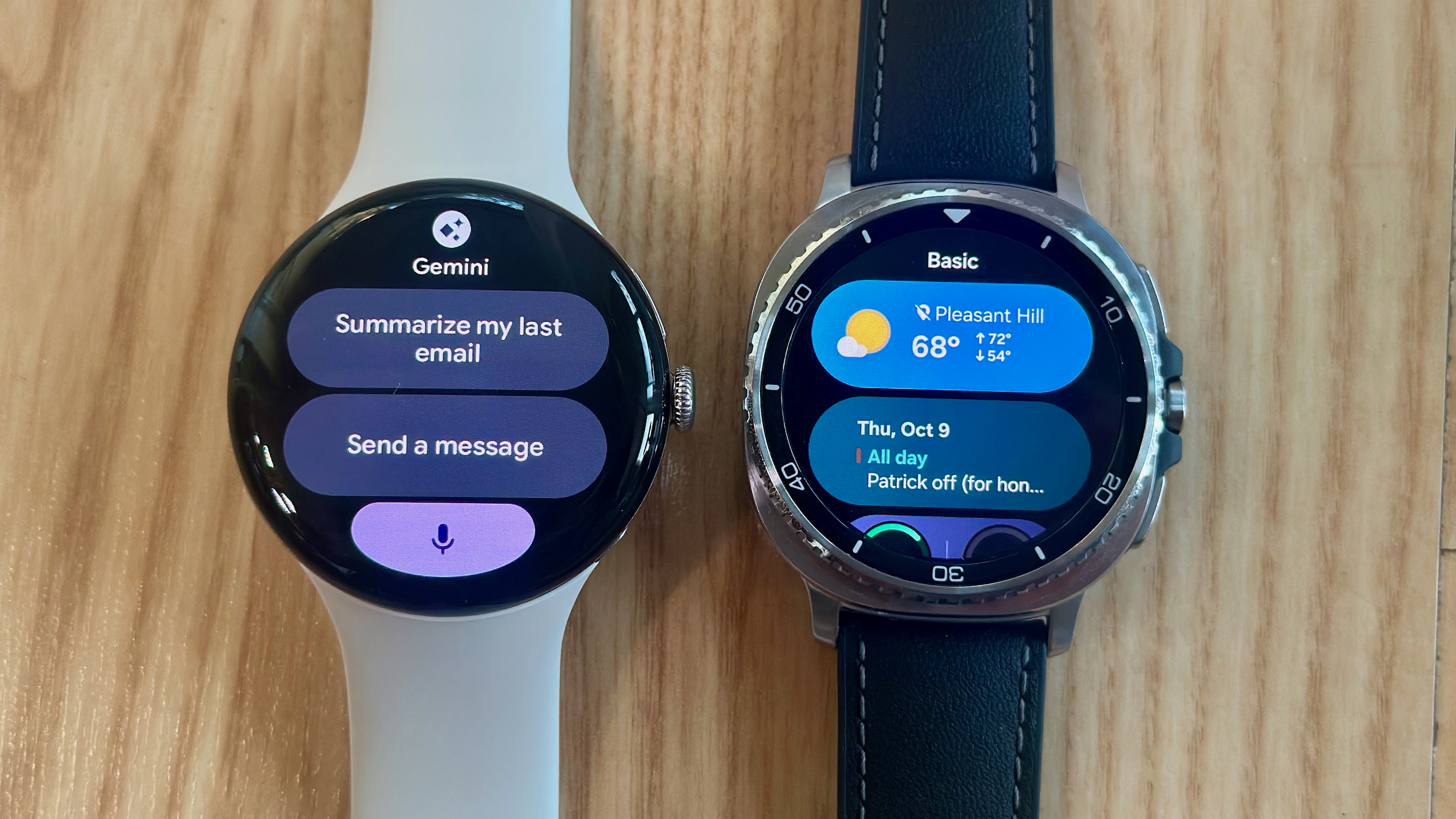Apple is finally doubling down in India, and that should worry Samsung
The launch of its first retail stores signals a huge milestone for Apple in India.

Apple just hit a major milestone in its India journey with the launch of its first retail stores in the country. For now, Apple is launching two stores, and while this doesn't seem like a big deal at the outset, the move is a culmination of nearly five years worth of effort. Apple's stores aren't just an outlet to buy the brand's latest products, but are designed to be an experience unto themselves.
Whether it's the towering glass facade of the flagship store in New York City or the floating dome in front of the Marina Bay Sands, these stores are all about making a statement. Clearly, that's the way Apple is positioning its first store in India, Apple BKC:
"Apple BKC features a triangular handcrafted timber ceiling that extends beyond the glass façade to the underside of the exterior canopy, reflecting the unique geometry of the store. Each tile is made from 408 pieces of timber, forming 31 modules per tile with a total of 1,000 tiles that make up the ceiling. There are over 450,000 individual timber elements, all of which were assembled in Delhi. Upon entering the store, customers are greeted by two stone walls sourced from Rajasthan and a 14-meter-long stainless steel staircase connecting the ground level and the cantilevered mezzanine."

According to Apple, the store will be a "dynamic space" that includes sessions "featuring local artists and creatives," and the brand is kicking things off with a new Today at Apple series dubbed Mumbai Rising that showcases the city's vibrant culture. The store is one of the most energy-efficient Apple Stores in the world, and is "operationally carbon neutral" thanks to a dedicated solar array.
The retail store is the latest salvo in a series of moves the brand made in India in the last three years, including the launch of the online storefront back in 2020. Apple has also significantly ramped up local manufacturing efforts in the country, with its partners Foxconn, Wistron, and Pegatron making the iPhone 14 locally.
These measures coincide with India seeing a sizeable interest in the mid-range and high-end phone segments, and Apple is taking advantage. According to Counterpoint's figures, Apple now has a 5% market share in the country, and while that sounds paltry against Samsung's 18%, it is a five-fold increase over what the brand managed just a few years ago.

The growth in sales figures is attributable to increased demand in the premium segment combined with attractive discounts during the local holiday season, and that led to the iPhone 13 becoming the best-selling phone in the premium segment. So while the overall share is still low, Apple is doing all the right things in the high-end segment, where it accounts for 40% of all sales.
Get the latest news from Android Central, your trusted companion in the world of Android
Much like North America, the high-end segment is a duopoly of Samsung and Apple, and although Samsung continues to see a strong demand for its Galaxy S series — the Galaxy S23 series sold significantly better than its predecessor — and is slowly gaining momentum for its foldables, Apple's products have always been seen as a status symbol in the country, and the brand has a much better cachet.
With easier financing and better availability of products — along with the launch of retail stores that highlight the brand's portfolio — Apple is ideally positioned to take advantage of India's burgeoning middle class, and that should frighten Samsung. The South Korean brand has an unrivaled distribution network in the country and still holds the top spot, but it hasn't faced any meaningful competition until now.
With the launch of the retail stores, scaling up of local manufacturing efforts, and an online storefront that sells all of the brand's products and accessories, Apple is finally getting serious about its business in India, and it couldn't have picked a better time to do so.

Harish Jonnalagadda is Android Central's Senior Editor overseeing mobile coverage. In his current role, he leads the site's coverage of Chinese phone brands, networking products, and AV gear. He has been testing phones for over a decade, and has extensive experience in mobile hardware and the global semiconductor industry. Contact him on Twitter at @chunkynerd.
